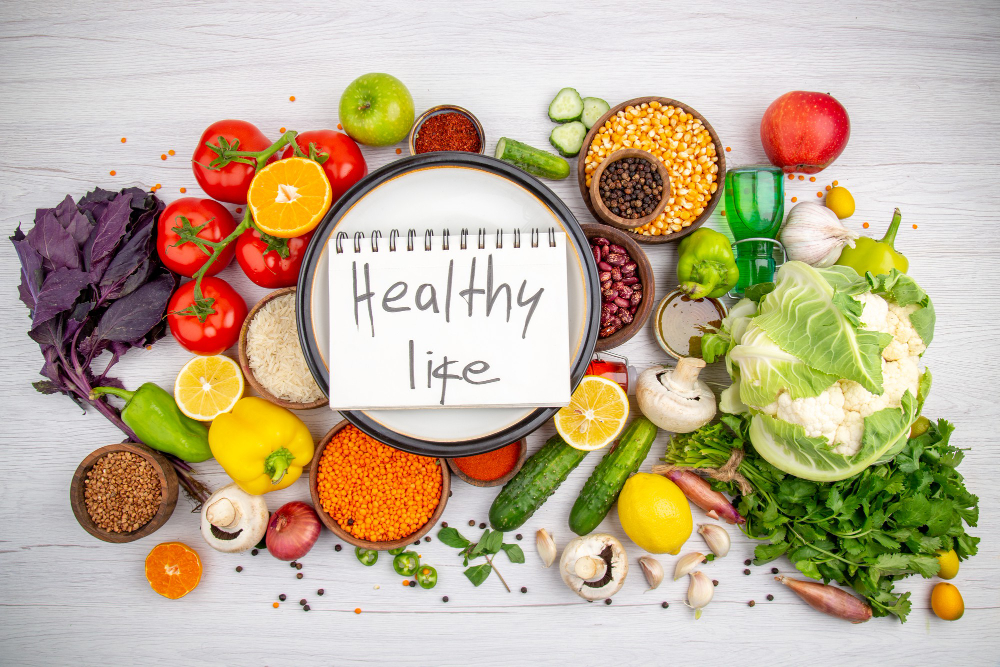In recent years, there’s been a growing awareness of how deeply food impacts our health. The phrase “food as medicine” is more than just a wellness trend — it’s a philosophy rooted in ancient practices and modern science alike. It’s the idea that what we eat can help prevent, manage, or even reverse certain health conditions. Let’s explore how everyday ingredients in your kitchen can offer powerful healing benefits.
🥦 1. The Healing Power of Whole Foods
Whole, unprocessed foods are loaded with essential vitamins, minerals, antioxidants, and fiber. These nutrients support your immune system, reduce inflammation, and help your body function at its best. Incorporating a variety of colorful fruits and vegetables ensures you’re getting a broad spectrum of health-boosting compounds.
🍯 2. Everyday Superfoods with Medicinal Properties
- Garlic – A natural antibiotic and immune booster, garlic has antiviral and antibacterial properties. It may help lower blood pressure and cholesterol.
- Ginger – Known for easing nausea and aiding digestion, ginger also has anti-inflammatory and antioxidant effects.
- Turmeric – Contains curcumin, a compound that fights inflammation and oxidative stress. It’s often used to relieve joint pain and improve brain function.
- Honey – Especially raw or Manuka honey, can soothe sore throats, fight infections, and heal wounds.
- Leafy Greens – Spinach, kale, and other greens are rich in folate, iron, and calcium, promoting heart and bone health.
🫐 3. Fighting Disease with Diet
Studies have shown that certain foods can reduce the risk of chronic diseases:
- Oats can help lower cholesterol.
- Blueberries improve cognitive function and fight free radicals.
- Legumes like lentils and beans stabilize blood sugar and support heart health.
- Fatty Fish such as salmon and sardines provide omega-3s, which are essential for brain and heart health.
🍎 4. Prevention is Better Than Cure
Regularly consuming nutrient-dense foods can reduce the risk of:
- Heart disease
- Diabetes
- Obesity
- High blood pressure
- Certain cancers
It’s not about restrictive diets — it’s about consistent, nourishing choices over time.
🧘♂️ 5. Food and Mental Health
The gut-brain connection is real. What you eat can affect your mood, memory, and mental clarity. Probiotic-rich foods like yogurt, kefir, and fermented vegetables improve gut health, which in turn supports emotional well-being.
✅ Final Thoughts
You don’t need expensive supplements or exotic superfoods to improve your health. Many healing ingredients are already in your pantry. By seeing food as medicine, you empower yourself to take charge of your wellness — one meal at a time.





